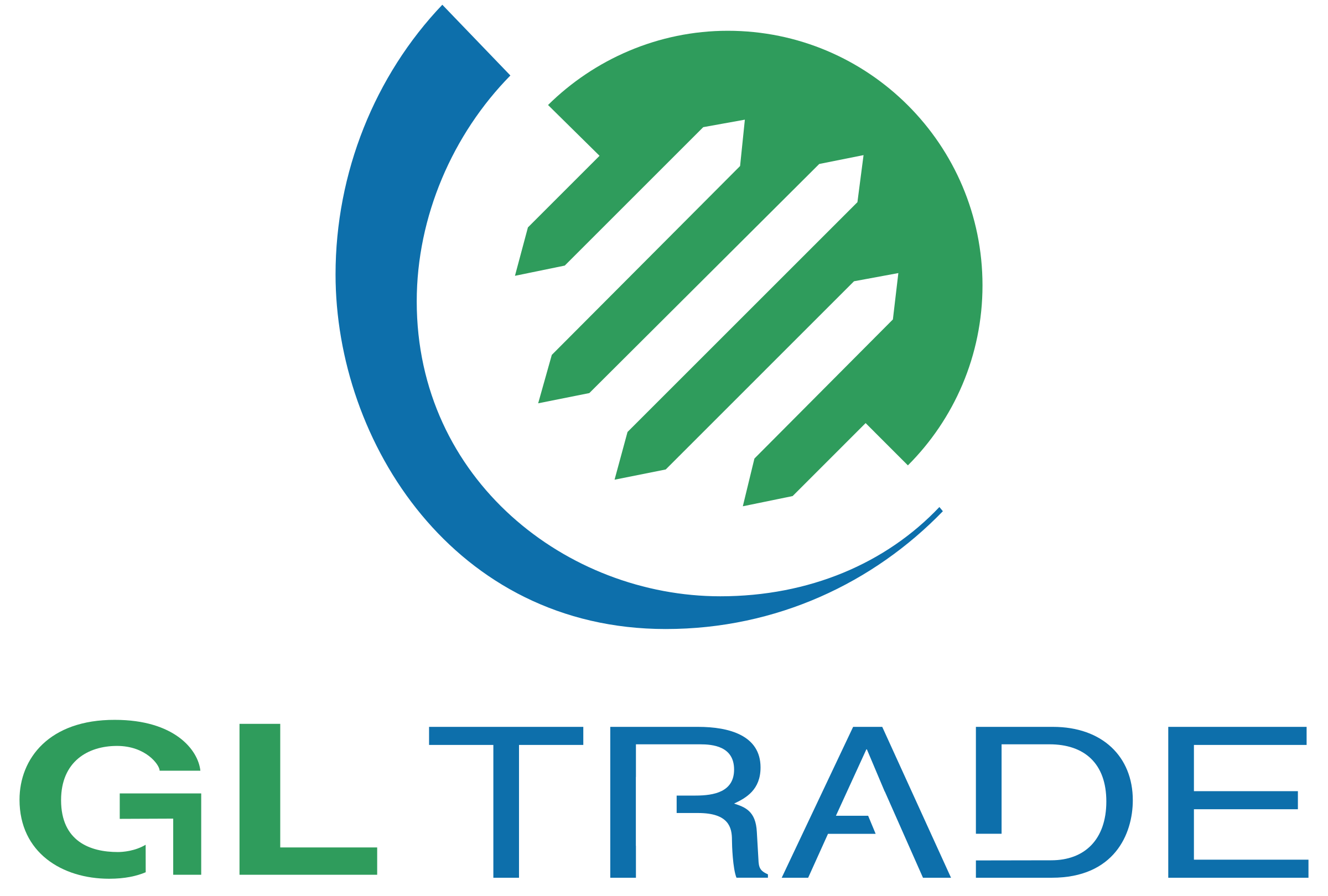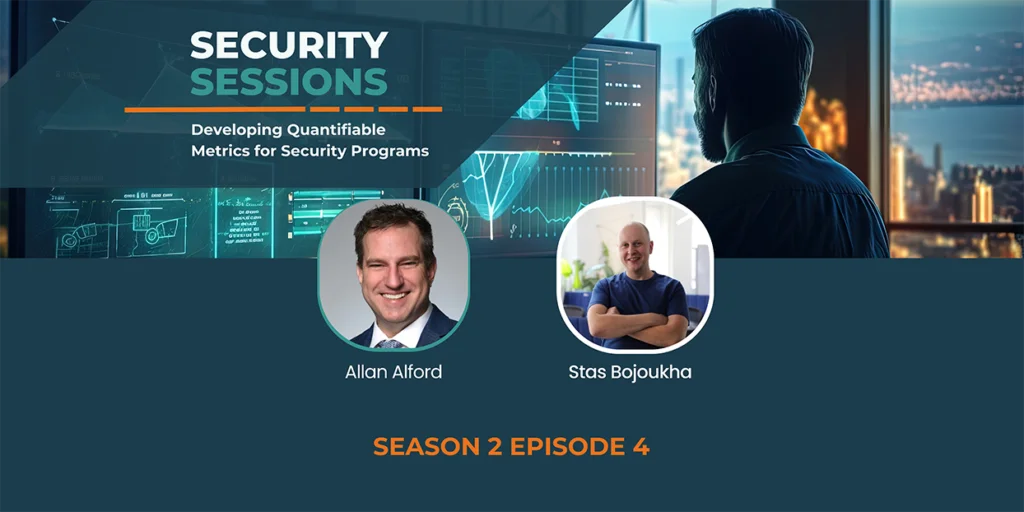Cybersecurity Vulnerabilities are on the rise for Small to medium-sized businesses (SMBs). These vulnerabilities can impact their operations, finances, and reputation. Here is an overview of some common cybersecurity vulnerabilities SMBs face:
Limited Resources
SMBs often have limited financial and human resources, making it challenging to invest in robust cybersecurity measures, employee training, and compliance programs. This limitation can leave them susceptible to various threats.
Cybersecurity Vulnerbilities and Threats
SMBs are attractive targets for cybercriminals because they often lack sophisticated cybersecurity defenses. Common cyber threats include phishing attacks, ransomware, malware, and data breaches. These incidents can result in data loss, financial losses, and reputational damage.
Lack of IT Expertise
Many SMBs do not have dedicated IT staff or cybersecurity experts on their teams. This absence of expertise can make it difficult to detect, prevent, and respond to cyber threats effectively.
Outdated Technology
SMBs may use outdated hardware and software due to budget constraints. Unsupported or obsolete technology can have known vulnerabilities that hackers can exploit.
Third-Party Risks
SMBs often rely on third-party vendors for various services, such as cloud hosting, payment processing, or supply chain management. These dependencies can introduce vulnerabilities if those vendors have weak security practices.
Compliance Challenges
Depending on their industry, SMBs may need to comply with various regulations, such as GDPR, HIPAA, or PCI DSS. Meeting these compliance requirements can be complex and costly, and non-compliance can result in fines and legal consequences.
Employee Training
Insufficient employee training on security best practices can lead to accidental data breaches. Employees may fall victim to phishing attacks or inadvertently expose sensitive information.
Physical Security
SMBs often overlook physical security, such as access controls to their premises and the proper disposal of sensitive documents. Neglecting physical security can lead to theft or unauthorized access.
Financial Cybersecurity Vulnerabilities
Cash flow can be a significant concern for SMBs. Economic downturns, late payments, or unexpected expenses can put a financial strain on the business, making it difficult to invest in security measures or adapt to emerging threats.
Supply Chain Risks
SMBs are often part of larger supply chains. Disruptions or security breaches in the supply chain can affect their operations, leading to delays, product shortages, or reputational damage.
Regulatory Changes
Laws and regulations related to data protection and cybersecurity are continually evolving. SMBs must stay informed and adapt to these changes to avoid compliance issues.
To mitigate these vulnerabilities, SMBs should prioritize cybersecurity, invest in employee training, conduct regular risk assessments, establish incident response plans, and stay informed about industry-specific regulations and emerging threats. Collaborating with cybersecurity experts and adopting a proactive approach to security can help SMBs protect their assets and maintain their competitiveness in a dynamic business environment.
To discover more about Compyl, arrange a demo with our information security experts today.
Speakers:
William Klusovsky, Cybersecurity Executive
Stas Bojoukha, CEO and Founder of Compyl
Hadas Cassorla, JD, MBA, CISSP
Host
Disclaimer: This podcast and website do not necessarily represent the opinions of Compyl employees and their guests to the show and website. The content provided is for informational purposes only, Views and opinions expressed in the video webinar series, podcasts and website are our own and do not represent that of our places of work. While we make every effort to ensure that the information we are sharing is accurate, we welcome any comments, suggestions, or correction of errors.













